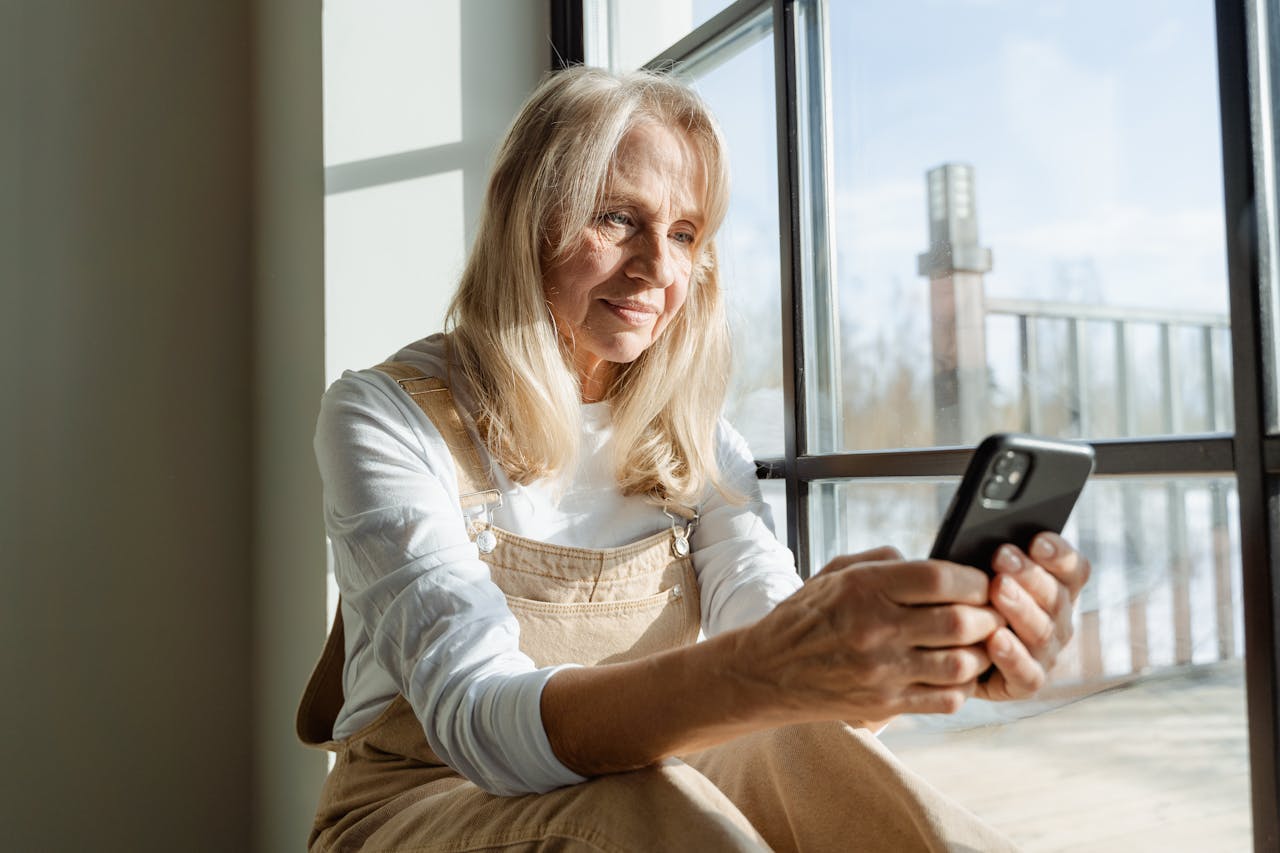Apartment Living, Senior Safety: Why Medical Alerts Are a Must-Have

There's something freeing about apartment living. No lawns to mow, no gutters to clean, and for seniors, it often means being closer to family, shops, and medical services. But for all its perks, solo apartment life can also come with safety concerns—especially when it comes to unexpected falls, medical episodes, or the simple fear of being alone during an emergency.
That's where medical alert systems step in. More than just gadgets with buttons, they're peace-of-mind powerhouses. And when paired with a cozy apartment lifestyle, they give seniors the confidence to live independently without compromise. The Life Assure panic system is one example of how these devices are designed with real people—and real scenarios—in mind.
Let's break down why these systems are more than helpful—they're essential for modern senior apartment living.
Safety Without Sacrificing Independence
One of the biggest worries families have is how their aging loved ones will manage alone. But here's the truth: most seniors want to remain independent for as long as possible. And who can blame them? Apartment life offers autonomy, routine, and privacy—things that are hard to give up.
Medical alert systems are the bridge between staying independent and staying safe. Whether it's a wearable device with automatic fall detection or a discreet wall-mounted button in the bathroom, these tools let help arrive with one press. Seniors get to keep their space—and their pride—while families gain peace of mind.
Accidents Happen (Even in Smaller Spaces)
There's a common myth that living in a smaller space means fewer risks. But falls don't care about square footage. In fact, tight corners, bathroom tiles, and compact kitchens often increase the risk of slips and bumps. And when a senior lives alone, even a minor injury can become serious if they can't get to the phone.
Medical alert devices don't rely on someone being conscious or mobile. Some models detect falls automatically. Others can be activated by voice. Either way, the response is instant, and help is on the way without delay.
Designed for Simplicity
Tech can be intimidating, especially for folks who didn't grow up with it. The good news is, medical alert systems have come a long way—they're no longer bulky or confusing. Today's best models are intuitive and require very little effort to use. Most are designed to work straight out of the box, no tech degree needed.
Wearable devices, like pendants and smartwatches, are lightweight and comfortable. They're made with seniors in mind—from the size of the buttons to the clarity of the speaker during two-way communication. Some even integrate with smart home setups, offering reminders or daily check-ins without any extra hassle.
Medical Alerts vs. Traditional Phones
You might be thinking, "Can't they just call 911?" Sure, in theory. But during a fall or a health episode, reaching for a phone might not be possible. Even if it is, every second counts—and fumbling to unlock a phone, find the right app, and wait on hold wastes time.
Medical alert systems bypass all that. One button connects users directly to an emergency response team. There's no need to explain the situation or even say a word in some cases. The system already knows who you are, where you are, and who to contact.
Ideal for Apartment Communities
Apartment buildings often come with security features like locked entryways or intercoms. While these add a layer of protection, they can complicate emergency response. How does EMS get in if the resident can't buzz them up?
That's why some medical alert services work with apartment management to ensure responders can enter without delay. Plus, most systems allow families to set up emergency contacts or share digital access codes, which can be vital in time-sensitive situations.
>Building a Culture of Safety at Home
It's not just about the tech—it's about building confidence. When seniors feel safer in their homes, they're more likely to stay active, social, and involved in their community. That's important for physical health, mental well-being, and emotional resilience.
Installing a medical alert system can be the first step in creating a personal "safety net" inside the apartment. Think of it like smoke alarms or door locks—basic, essential tools that support a secure lifestyle.
Tailored to Different Needs
Not all seniors have the same health concerns. Some may be managing chronic conditions like diabetes or heart disease. Others may simply want backup in case of a fall. The beauty of modern alert systems is how customizable they are.
Many offer add-ons like medication reminders, wellness check-ins, GPS tracking (for more mobile users), and caregiver apps that provide real-time updates. Whether your loved one is a homebody or likes to take walks around the block, there's a solution built just for them.
Affordability and Value
Let's talk cost. Some families assume these systems are expensive or only needed in high-risk situations. But in reality, the monthly cost of a medical alert device is often less than a night out at a restaurant.
More importantly, compare that to the cost of a hospital stay from a fall, or assisted living placement due to safety concerns. When seen through that lens, medical alert systems are a smart, proactive investment.
Plus, some insurance plans or senior programs offer coverage or discounts for these services—so it's worth looking into what's available in your area.
Caregivers Get Support Too
This isn't just about seniors. Family members, neighbors, and caregivers benefit as well. Knowing their loved one can reach help any time reduces stress and allows them to focus on enjoying quality time—not worrying every time they miss a call.
Many systems send instant notifications when an alert is triggered, so the caregiver is always in the loop. Some even allow for daily wellness check-ins, so you can say "hi" or check in via app without disrupting your day.
Choosing the Right System
If you're considering a system, here are a few quick tips:
- Look for fall detection (especially for seniors with mobility concerns)
- Check compatibility with apartment layouts (Wi-Fi, cellular, or landline option
- Ask about battery life and what happens during power outages
- Make sure customer support is easy to reach and responsive
- Read reviews or talk to other families for honest feedback
And most importantly, involve your loved one in the process. The more comfortable and empowered they feel, the more likely they are to use it consistently.

Final Thoughts
Medical alert systems aren't just for "emergencies." They're for everyday peace of mind. For seniors who want to age gracefully in their own apartments, they're a lifeline—literally and emotionally. And for the families who support them, they're a breath of relief in an otherwise anxious world.
Apartment living has plenty to offer seniors: independence, ease, and community. With the right medical alert device, it can also offer something even more valuable—safety without sacrifice.
Published 7/14/25